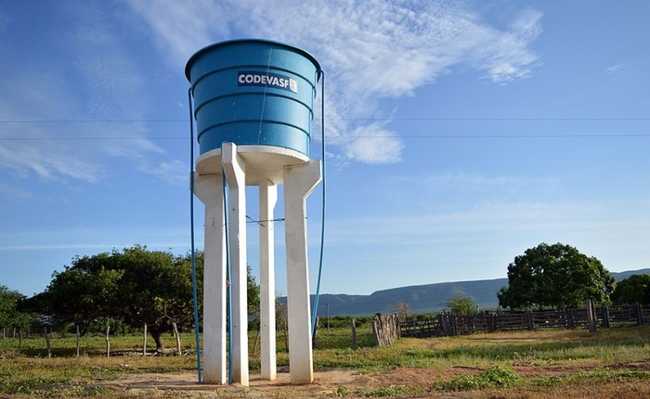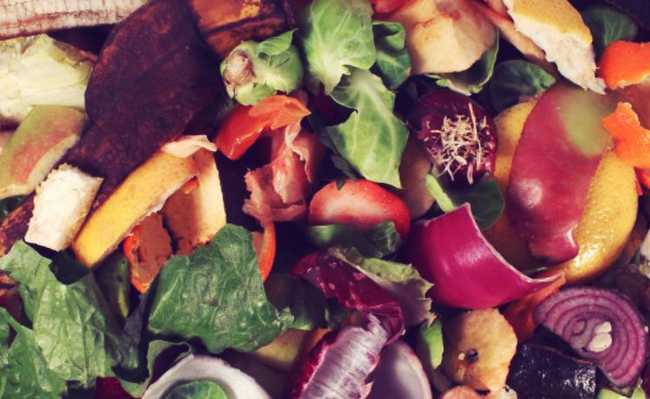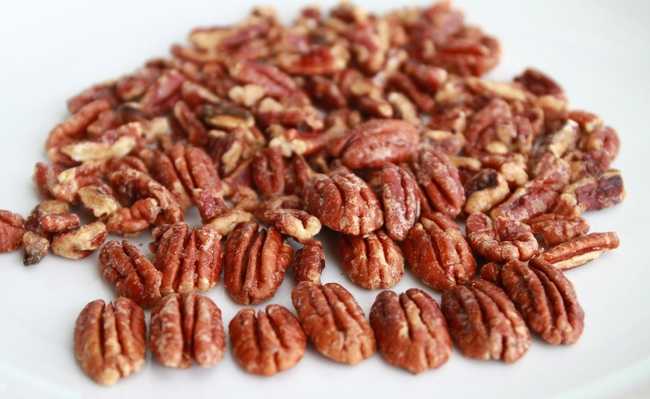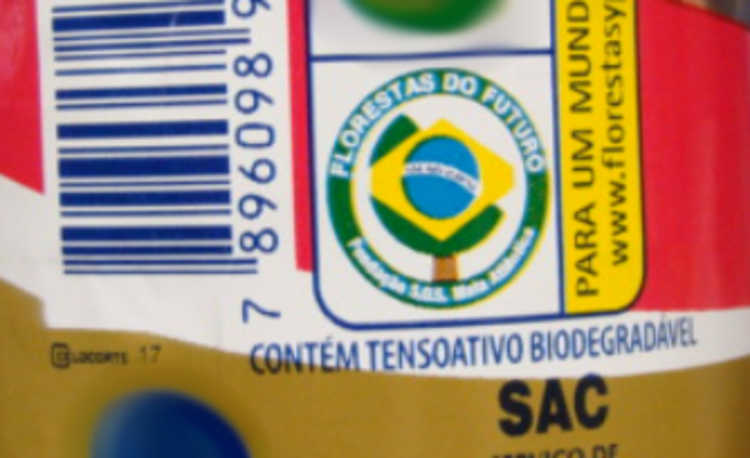Is coconut soap sustainable?
Coconut soap causes less environmental impacts compared to other detergent products

In our Soap Guide, you can see that, among all soap formats (detergent, soap, liquid soap, etc.), bar soap is the most viable in environmental terms. But, among all types of bar soap, would coconut soap be the most suitable? Before deciding which soap is best to use, you need to find out.
How does cleaning work?
Basically, coconut soap and bar soap, in general, are made from a chemical reaction between a fat (oil) and a base, giving rise to a salt, which form the set of soap and glycerol.
For example: oil or fat + base = soap + glycerol. This process is called saponification.
In saponification, the oil or fat is mixed with a base, which is usually sodium hydroxide (caustic soda) or potassium hydroxide. This mixture can be called a surfactant.
The big difference between using only water and using coconut soap for cleaning is that coconut soap (or any other) allows water and oil (fat) to mix and trap the fat droplets (dirt). This process that characterizes cleaning occurs because the surfactant breaks the tension between the liquids.
What sets you apart?
As explained above, all bar soap is composed of a fat (oil) and a base and gives rise to glycerol, a substance also found in nature. What differentiates coconut soap from others that follow this composition (in bar) is just the type of oil used.
In the composition of coconut soap, the main fatty matter is coconut oil, while in other types of soap the fatty matter can be palm oil (which is also a type of coconut), soy oil, among others. .. Even the reused oil from our kitchen works great!
- How to make sustainable homemade soap
The difference between using coconut and palm oil in soap production is that they yield much more glycerol than other types of oil, such as cotton, soy and olive oil. In other words, a smaller amount of oil is needed to produce the same amount of coconut soap in relation to a soap made with another oil. With this, the pressure on the plantations of the raw materials necessary to make the different types of bar soap is also reduced.
Glycerol, in turn, is a good humectant. In contact with the skin, it retains its moisture.
Impacts on the environment
Coconut soap and all other bar soaps are equivalent in terms of environmental impacts. They are surfactants and, after use, as they break the surface tension of water, they have the potential to cause environmental impacts on water bodies. However, as they are less surface-active than other cleaning products and usually composed only of a grease and a base, they cause less impact than products with a detergent action such as soaps, shampoos, kitchen detergents, among others.
These products have in their composition agents such as sodium lauryl sulfate, EDTA, phosphate and others that cause greater environmental damage. The ideal, therefore, is to look for a coconut soap or another model of bar soap that is natural or, if possible, homemade, as this way you can be sure that the product does not contain fragrances, conversations or dyes.
Therefore, in comparison to other types of cleaning agents with detergent action, coconut soap and all other types of bar soap are a more sustainable option for the environment. But remember: even though coconut soap is more sustainable, that doesn't mean it doesn't make any impact, so use it conscientiously.









